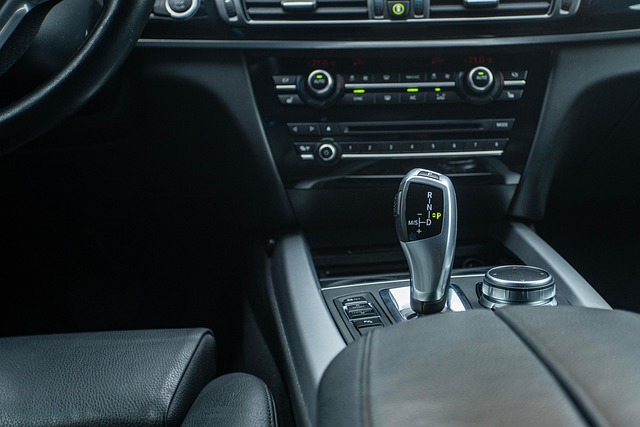Claiming back car finance through Personal Contract Purchase (PCP) plans can be a complex process, but it’s one that many drivers may be entitled to. In this comprehensive guide, we demystify the UK PCP claims process and offer valuable tips to maximise your claim. From understanding PCP agreements to navigating the step-by-step claim process, our detailed breakdown ensures you’re well-informed. Learn how to make a strong case for recovering your finance payments today.
- Understanding PCP Claims: A Comprehensive Guide
- The UK PCP Claims Process: Step-by-Step
- Maximising Your PCP Claim: Tips and Strategies
Understanding PCP Claims: A Comprehensive Guide

Understanding PCP (Personal Contract Plan) Claims: A Comprehensive Guide
PCP claims in the UK refer to the process of recovering money paid towards a vehicle under a leasing or finance agreement when the vehicle is damaged, stolen, or has reached its end of life. This type of claim can be complex due to the terms and conditions associated with PCP contracts. It’s crucial to familiarise yourself with your contract, including the excess fees and deductible amounts, before making any claim.
When considering a PCP claim, whether for damage, theft, or scrap value, you’ll need to assess the residual value of your vehicle and compare it with your remaining lease payments. If the damages exceed your insurance coverage and the vehicle’s worth, you may be eligible for a claim. This guide encourages individuals to explore their options thoroughly, ensuring they make informed decisions regarding PCP claims in the UK.
The UK PCP Claims Process: Step-by-Step

The UK PCP (Personal Contract Purchase) Claims Process is a structured approach designed to help individuals recover finance payments they’ve made on a vehicle that was later declared unfit or damaged beyond repair. Here’s a step-by-step guide to navigating this process effectively:
1. Assess Your Situation: Begin by evaluating your contract and ensuring you understand the terms related to early termination or claims. Verify if your vehicle qualifies for a PCP claim, typically based on its age and condition. Gather all necessary documents, including your contract, payment records, and any correspondence with the dealer or finance provider.
2. Inform Your Finance Provider: Contact your finance company to notify them about the issue with your vehicle. They may have specific procedures in place for handling PCP claims. Provide them with the required documentation and details about the situation. This step is crucial as it triggers the official claim process, which can vary between lenders.
3. Check Your Contract’s Terms: Review your contract to understand the process outlined by the dealer or finance provider. Some contracts may have specific procedures for claiming back payments, including deadlines and required actions from your end. Ensure you adhere to these guidelines to avoid any complications.
4. Document Everything: Keep a detailed record of all communications, emails, letters, and receipts related to the claim. This documentation will be vital if the process takes longer than expected or requires further evidence.
5. Provide Proof of Damage/Defect: Gather evidence to demonstrate that the vehicle was damaged beyond economic repair or had a significant fault at the time of the claim. This might include repair estimates, expert opinions, or photographic evidence. Providing strong evidence can expedite the claims process.
Maximising Your PCP Claim: Tips and Strategies

Maximising your PCP (Personal Contract Plan) claim involves a strategic approach to ensure you receive the best possible refund. Firstly, review your contract thoroughly to understand the terms and conditions regarding early termination or damage coverage. Many PCP agreements have specific clauses that can impact the amount you can reclaim. Check for any exclusions related to wear and tear, accidental damage, or mileage limits.
Next, gather all necessary documentation, including proof of purchase, service records, and photos documenting any existing damages before the incident. This supports your claim and increases the likelihood of a faster settlement. Additionally, keep track of all communications with the finance company; email exchanges, letter correspondence, and even phone calls can serve as valuable evidence to back up your PCP claim in the UK.
Whether you’re looking to understand the intricacies of PCP claims, navigate the UK process step-by-step, or maximise your PCP claim potential, this guide has equipped you with valuable knowledge. By familiarising yourself with PCP claims UK procedures and strategies, you can ensure a smoother journey when claiming back finance on your car. Remember, knowing your rights and following proven tips can make all the difference in recovering what’s rightfully yours.
